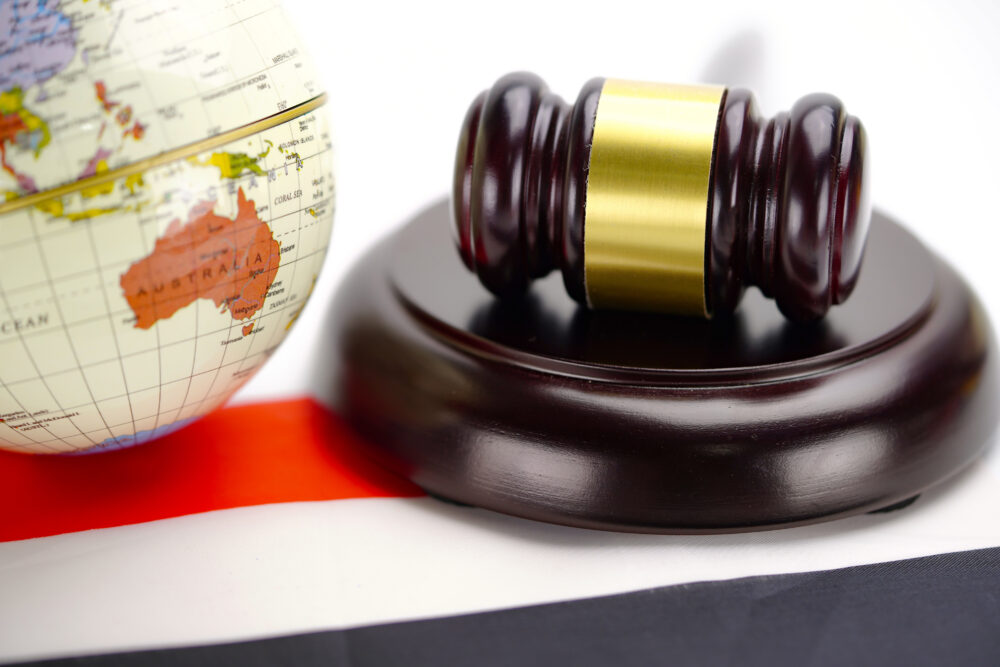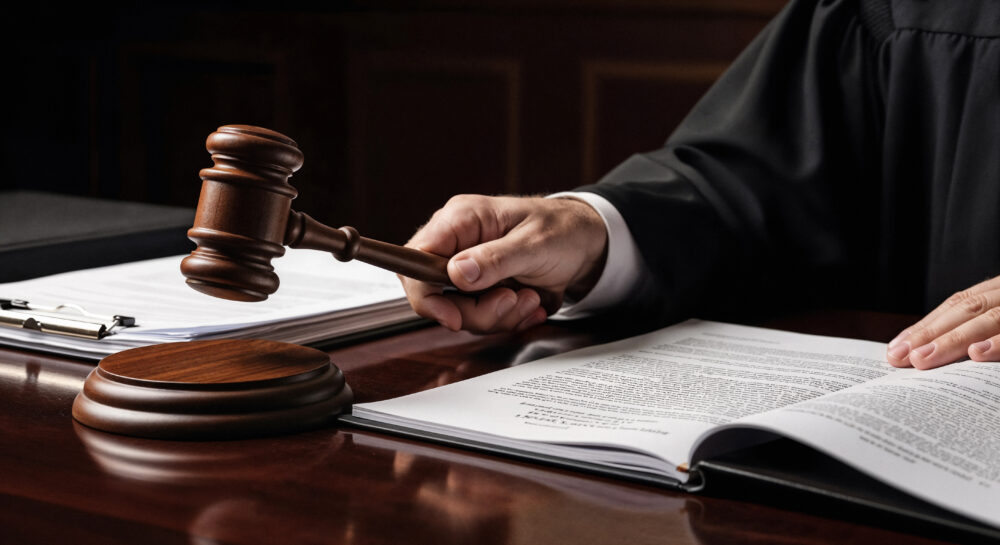Provisional urgent measures in civil proceedings are an important tool to protect the legitimate rights and interests of disputing parties while the case is still in the process of trial. The application of provisional urgent measures helps to immediately stop acts infringing upon the rights of the involved parties, ensuring that irreparable consequences are avoided before a final judgment or decision is made. This article will clarify the types of provisional urgent measures, conditions, procedures for application, and the security deposit obligation that the requesting party must fulfill.
1. What are provisional urgent measures?
Provisional urgent measures are measures applied by the court during civil proceedings to protect the legitimate rights and interests of the parties in the case, and to stop or limit acts that could cause serious or irreparable damage before a final judgment or decision is issued by the court. These measures include:
(a) Assigning minors, persons with a total loss of civil act capacity, or persons with difficulties in awareness or behavior control to an individual or organization for care, nurturing, and education.
(b) Compelling the advanced performance of a part of the maintenance obligation.
(c) Compelling the advanced performance of a part of the compensation obligation for damage caused by an infringement upon life or health.
(d) Compelling employers to advance salary, health insurance, social insurance, unemployment insurance, costs of treatment for occupational accidents or diseases, compensation, or benefits for occupational accidents or diseases to employees.
(e) Temporarily suspending the execution of a decision on unilateral termination of a labor contract or a decision on dismissal of an employee.
(f) Attachment of disputed assets.
(g) Prohibiting the transfer of ownership rights to disputed assets.
(h) Prohibiting any change to the current state of disputed assets.
(i) Allowing the harvest or sale of crops or other products and goods.
(j) Freezing accounts at banks, other credit institutions, or state treasuries; freezing assets held by a third party.
(k) Freezing the assets of the obligated person.
(l) Prohibiting or compelling the performance of certain acts.
(m) Prohibiting the exit of the obligated person.
(n) Prohibiting contact with victims of domestic violence.
(o) Suspending bid closings and activities related to bidding.
(p) Seizing aircraft and seagoing ships to secure the resolution of the case.
(q) Other provisional urgent measures as prescribed by law.
2. Conditions for application of provisional urgent measures
The court may only apply provisional urgent measures when the following conditions are met:
- Prerequisite condition: Provisional urgent measures are applied to address the urgent needs of the involved parties, protect life, health, assets, collect evidence, protect evidence, preserve the existing situation to avoid irreparable damage, ensure the resolution of the case or the execution of judgment.
- Having request from the involved party: A party in the case must request the court to apply provisional urgent measures.
- In some cases, the court may, on its own initiative, issue a decision to apply provisional urgent measures without the need for a request from the involved parties. In this case, the court shall only apply the measures specified at Points a, b, c, d, and e listed above. However, in practice, it is very rare for the court to issue a decision to apply provisional urgent measures on its own initiative.
3. Procedures for application of provisional urgent measures
The process of applying provisional urgent measures in civil proceedings usually takes place through the following steps:
Step 1: Application for application of provisional urgent measures
The requesting party must submit an application for the application of provisional urgent measures to the court handling the case. The application must clearly state the situations requiring protection of rights, the damage that may occur if provisional urgent measures are not applied, and the requested measures.
Step 2: Review and decision by the court
The court will review the request and issue a decision to apply provisional urgent measures. During this time, the court will base its decision on the urgency and the extent of the damage to decide whether or not to apply provisional urgent measures. This decision must be issued within a short period, usually within 03 working days from the date the requesting party completes the security deposit.
Step 3: Security deposit
To prevent requests for provisional urgent measures without reasonable basis, for some provisional urgent measures, the law requires the requesting party to fulfill a security deposit obligation. This is a measure to ensure that the party’s request has a reasonable basis and will not cause damage to the requested party.
- Security deposit amount: The security deposit amount will be determined by the court on a case-by-case basis, usually an amount that ensures the fulfillment of the requesting party’s obligations.
- Fulfilling the security deposit obligation: The requesting party must submit to the Court a letter of guarantee secured by the assets of a bank or other credit institution or of another agency, organization, or individual, or deposit a sum of money, precious metals, gemstones, or valuable papers as determined by the Court, but equivalent to the loss or damage that may arise as a result of the incorrect application of provisional urgent measures, in order to protect the interests of the person subject to the provisional urgent measures and prevent abuse of the right to request the application of provisional urgent measures by the requesting party.
- If the requesting party does not fulfill the security deposit obligation, the request for application of provisional urgent measures will not be considered or will be rejected.
Step 4: Implementation of the provisional emergency measures
After the court issues a decision, this decision will be voluntarily implemented by the parties or enforced by the competent judgment enforcement agency.
Step 5: Final judgment
After the decision to apply provisional urgent measures is issued by the court, the Court will proceed with the trial of the case and issue a judgment to resolve the dispute between the parties. If the final judgment does not agree with the provisional urgent measures, these measures will be revoked. Conversely, the provisional urgent measures may continue to be maintained until the judgment is fully enforced.
Provisional urgent measures play a very important role in protecting the legitimate rights of the parties in the case, helping to ensure that the rights of the parties are not seriously violated during the trial. However, these measures are only applied in truly urgent cases and require a guarantee from the security deposit to avoid abuse.
See more:
1/ Loss of right to object in arbitration proceedings
2/ Determining the procedural capacity of private enterprise owners
Disclaimers:
This article is for general information purposes only and is not intended to provide any legal advice for any particular case. The legal provisions referenced in the content are in effect at the time of publication but may have expired at the time you read the content. We therefore advise that you always consult a professional consultant before applying any content.
For issues related to the content or intellectual property rights of the article, please email cs@apolatlegal.vn.
Apolat Legal is a law firm in Vietnam with experience and capacity to provide consulting services related to Dispute Resolution and contact our team of lawyers in Vietnam via email info@apolatlegal.com.





































